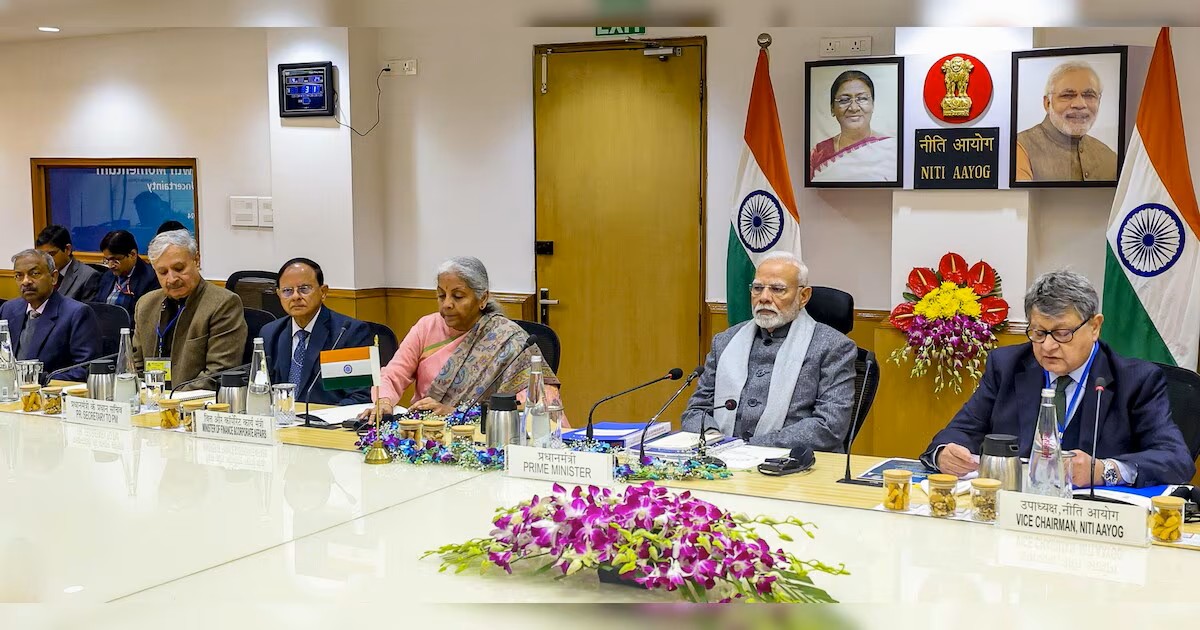During the five-year tenure of the 17th Lok Sabha, Private Members’ Bills—a vital tool for individual MPs to propose legislation—received limited attention. Data from PRS Legislative Research reveals that only 9.08 hours were spent discussing these Bills in the Lok Sabha, while the Rajya Sabha allocated 27.01 hours over the same period. For Private Members’ Resolutions, the Lok Sabha spent 16.43 hours, and the Rajya Sabha spent 20.78 hours.
 18th Lok Sabha: Negligible Time Spent
18th Lok Sabha: Negligible Time Spent
In the two sessions of the ongoing 18th Lok Sabha, only 0.15 hours were devoted to Private Members’ Bills in the Lok Sabha, with the Rajya Sabha allocating 0.62 hours. Similarly, for Resolutions, the Lower House spent 1.98 hours, while the Upper House used 2.09 hours.
Historical Context and Current Challenges
Private Members’ Bills are the only legislative tools that allow MPs to express their views independently of party directives. However, their relevance has been steadily declining. Historically, only 14 such Bills have ever been passed and received assent, with the last instance occurring in 1970.
Jairam Ramesh, Chief Whip of the Congress in the Rajya Sabha, attributed this decline to widespread indifference. He observed that many MPs whose Bills are scheduled often fail to show up, as these sessions are typically held on Friday afternoons when members prioritize returning to their constituencies. Mr. Ramesh proposed rescheduling these sessions to midweek to ensure greater participation.
Manish Tewari, a senior Congress leader, emphasized the need for reform. Highlighting the long delays, he noted that three of his Private Members’ Bills, including one to amend the anti-defection law, have been pending since the 15th Lok Sabha. He argued that sidelining such Bills is equivalent to silencing parliamentarians.
CPI(M) MP John Brittas also criticized the current approach, stressing that these Bills were designed to be free from party or government influence, thereby preserving the sanctity of parliamentary democracy.
The Role of Parliamentary Leadership
Derek O’Brien, Trinamool Congress leader in the Rajya Sabha, criticized the lack of prioritization, blaming the Chair for undermining parliamentary processes. He pointed out that in one of the least productive Winter Sessions, the Rajya Sabha functioned for 43 hours, of which only 10 hours were spent discussing Bills.
The Way Forward
Private Members’ Bills are an essential element of democratic representation, enabling MPs to voice independent ideas and address issues beyond party agendas. To revive their significance, reforms such as scheduling midweek sessions and ensuring timely discussions are necessary. Protecting this space is crucial for fostering robust parliamentary debates and preserving the institution’s integrity.




